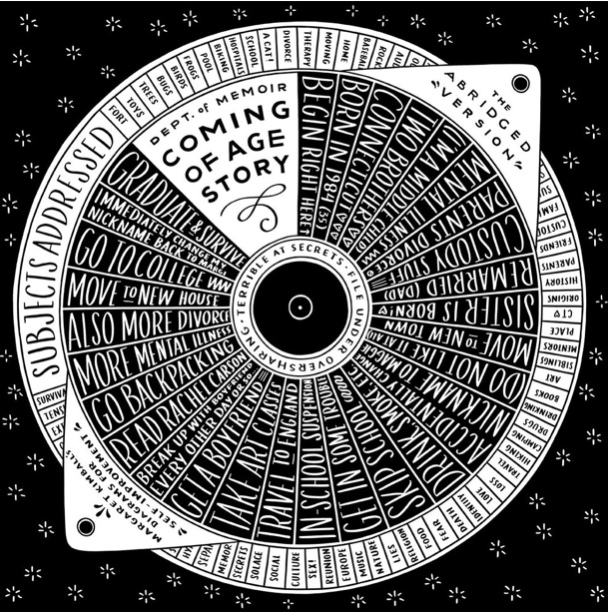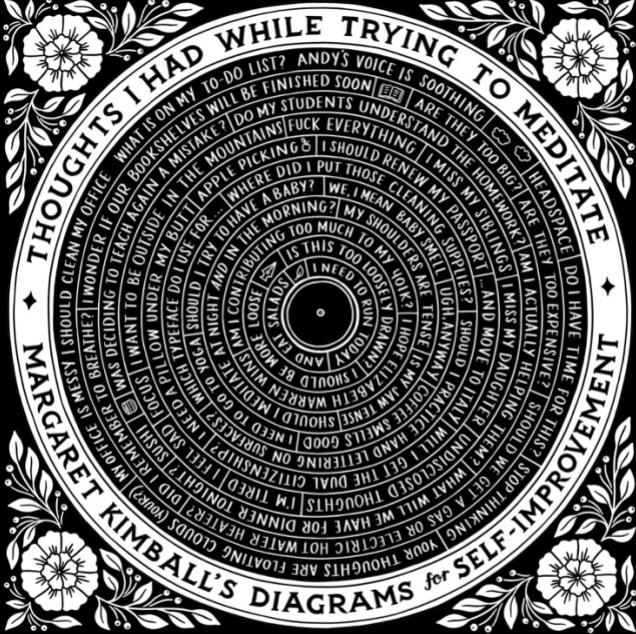On Thursday, October 5, Benjamin Percy visits Bowling Green State University as the 2023 guest for the Edwin H. Simmons Creative Minds Series. He will read from his work at the Donnell Theatre of the Wolfe Center, 7:30 pm.
https://events.bgsu.edu/event/creative_minds_residency_benjamin_percy_keynote_address
Benjamin Percy is known for world-building, but in some ways that term is misleading. He does build worlds, but most commonly it’s our world advanced past a circumstance—sometimes horrific, sometimes nebulous—that has irrevocably shifted its mores, practices, and structures. The speculation inherent requires not so much building as re-building, blending the familiar with the jarringly different. At the same time, that speculation reveals often unpleasant truths about who we are as humans, and how we treat those who stray from our tight definition of human.
Red Moon provides an early example, one that turned out to be uncomfortably prescient. The story sparks from a prion virus that causes lycanthropy. Some with the virus take medication and try to live as invisibly as possible to protect themselves and their families. Others, reacting to anti-lycan laws and violence, are building a war. The general populace of uninfected citizens does not come off well, treating the infected with hostility regardless of circumstance. That we have now, a decade later, seen some of this same level of disgust and suspicion toward the ill through a pandemic is not at all reassuring, but it does underscore the insight of Ben Percy’s writing.
The Comet Cycle shows similar perception. In The Ninth Metal, a meteor fall—less a shower than a hailstorm—has embedded a new metal into the earth of a northern Minnesota town. The discovery offers a new energy source, but produces in its wake a dysfunctional boomtown, delivering, as one character puts it, “a millionaire a day.” That “omnimetal” also produces a new narcotic, potential weapons, and a ferocious land rights battle pushes the dread to the forefront. We—humanity—will not handle it well. The Unfamiliar Garden moves to Seattle, and sets its protagonists against changes in climate, a dangerous fungus, and murder. The Sky Vault heads north to Fairbanks, Alaska, and blends the current questions with an ominous WWII secret. Each novel in the cycle thus builds a new world out in time and place from the central event, the comet’s debris, while allowing its characters to make choices in response to those changes, to each other, and to an ever-morphing concept of “familiar.”
Following Benjamin Percy’s oeuvre could be likened to a choose-your-own-adventure, a trait very much in keeping with his writing itself. He has published three short story collections, and his short stories have appeared widely in such publications as Esquire, The Paris Review, McSweeney’s, Ploughshares, and Orion. He has also now published seven novels; his first novel, The Wilding, appeared from Graywolf Press in 2010, and his second, Red Moon, came in 2013 from Grand Central. His current project in longform fiction, the Comet Cycle, closed with The Sky Vault, published this month by William Morrow.
On another path, Percy is writing for comics at DC, Marvel, AWA, and Dynamite, with his best known projects including Green Arrow, Ghost Rider, X-Force, Teen Titans, Nightwing, and Wolverine. For the latter, he also wrote two podcast series, The Long Night and The Lost Trail. Continuing into further media, Percy is writing screenplays and adapting stories for TV, both his own (The Ninth Metal, Summering) and others’ (Urban Cowboy).
And, as a generous and varied craftsman, it only makes sense that that Ben Percy would offer what he knows to the public, this time in the form of Thrill Me: Essays on Fiction (Graywolf, 2016), a collection used widely in the classroom, including at BGSU.
In all of his work, Benjamin Percy has much to teach us about writing, about building stories, but also about the myriad ways in which we cope with disaster, with change, and with each other.
—Abigail Cloud, Editor-in-Chief


